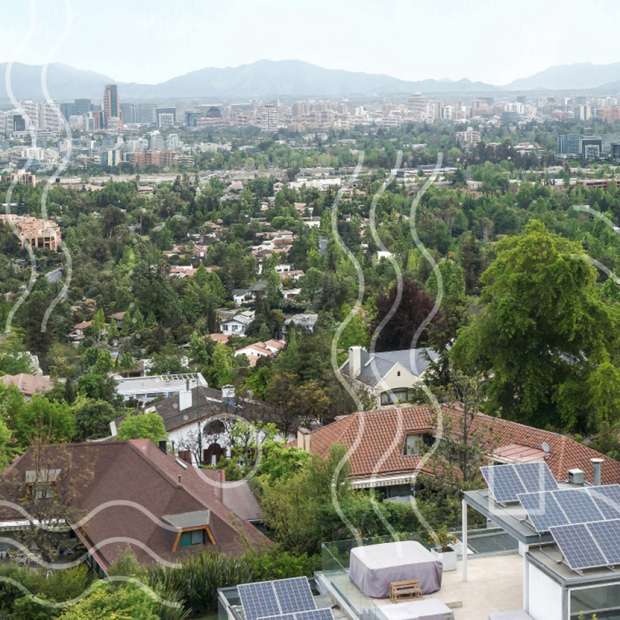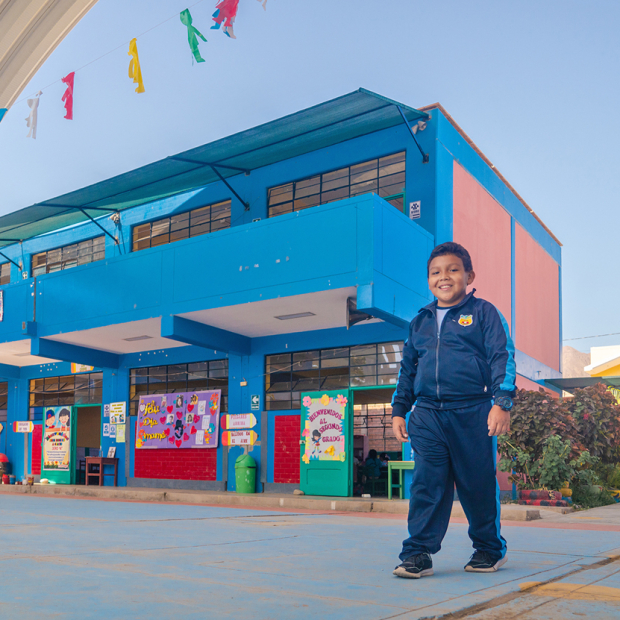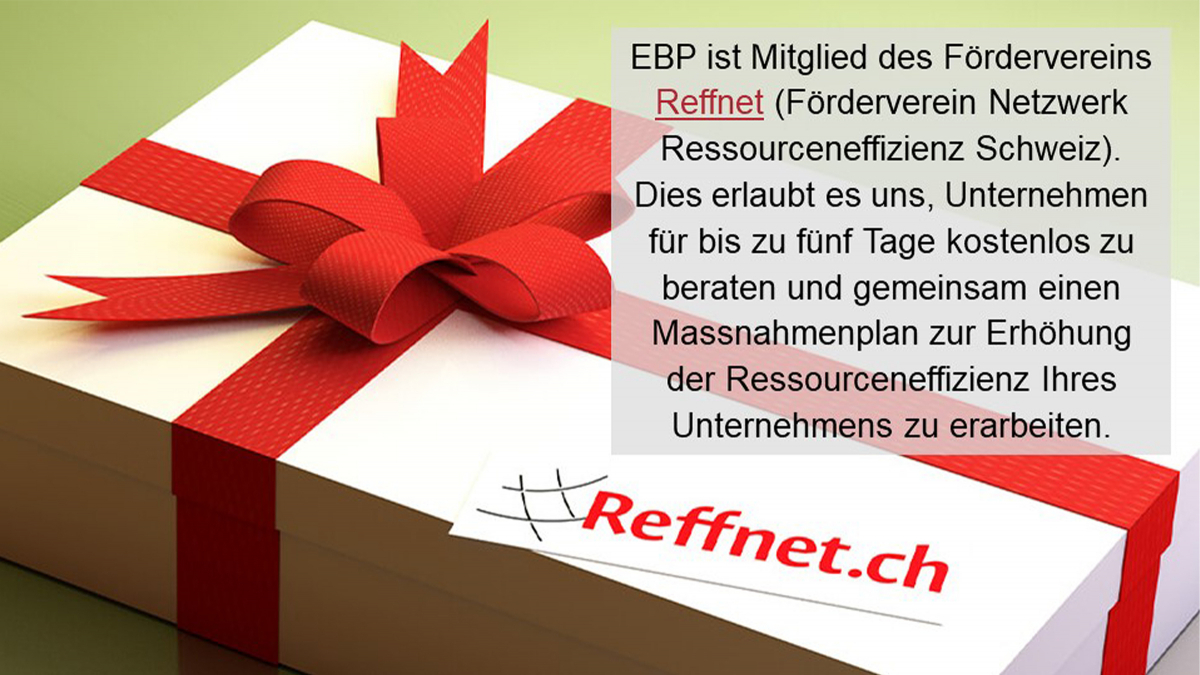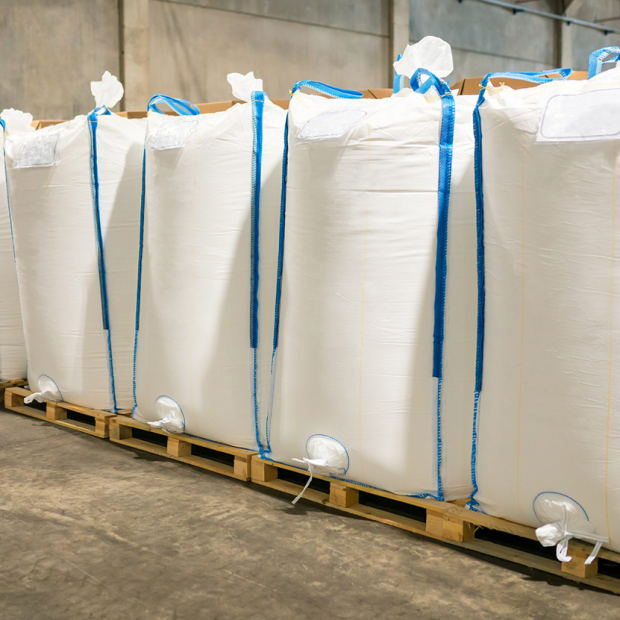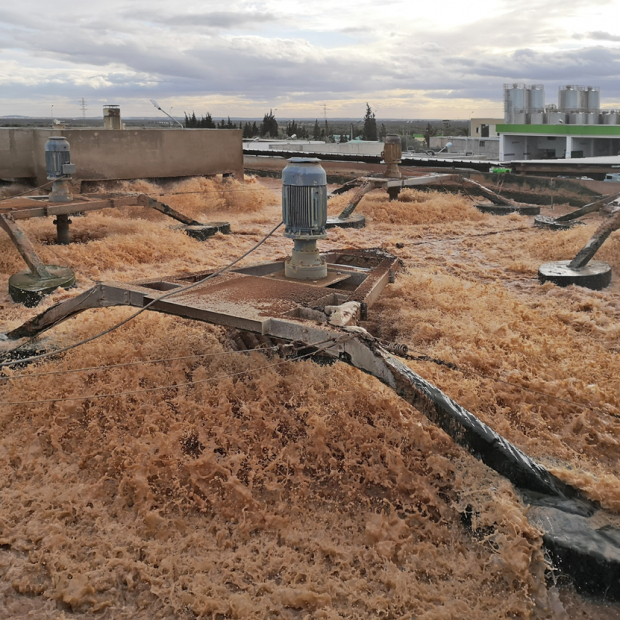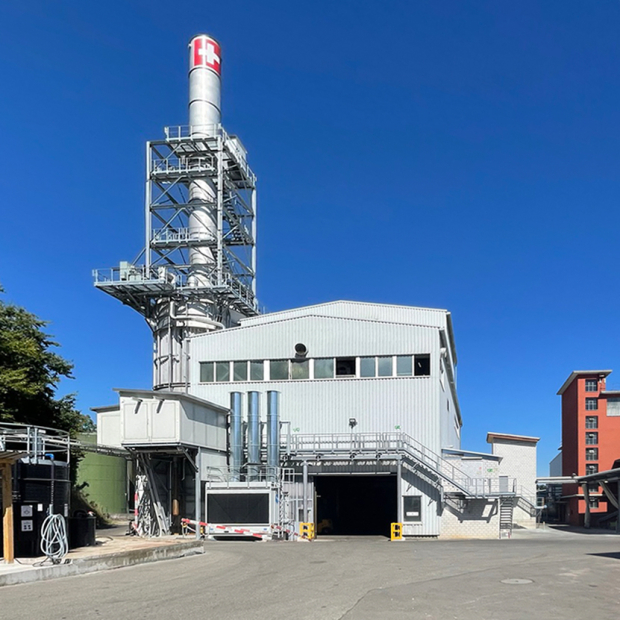
Circular Economy
The task of closing resource loops to lower the waste and resource depletion associated with our traditionally linear economies requires an integrative approach. That is why we make sure to take a holistic view when examining the various laws and processes involved. Our aim is to achieve sustainability by transforming the way we produce, trade, and consume. Thanks to our extensive expertise, we’re able to work out economically and environmentally sustainable solutions that allow our clients to meet their sustainability goals.
We use a six-stage, participative consulting process that allows us to work effectively with our clients on the way to achieving their goals.
The process includes providing our clients with the necessary scientific, engineering, and management expertise. The steps include current-state analysis, analysis of potential, measures development, implementation, monitoring, and reporting. Together, these provide a foundation for success-ful circular economy consultation, whether in the context of a resource-efficiency project for a small or medium-sized company or an assignment to develop a comprehensive circular economy strategy for government agencies.
(An example of a resource-efficiency project: Moving Mountains with a Kitchen Sink | EBP | Switzerland)
Industry and commerce
We help companies understand the circular economy market, adapt their production strategies accordingly, and implement the necessary measures.
Our services include:
- Create new markets
- Developing more robust and resilient supply chains through strategic resource management
- Conducting lifecycle analyses
- Assessing the economic impact of circular business processes
- Evaluate the circularity impact of growth strategies
Public sector
As an expert with many years of experience in resource management, energy efficiency, and climate protection, we offer reliable consulting services to our public-sector clients who are interested in moving from a linear to a circular economy.
Our services include:
- Drafting municipal, regional, and cantonal circular economy strategies. When examining issues relating statutory provisions, industry, and product use, we give special attention to climate protection and resource efficiency.
- Developing circular economy strategies for public agencies and resource-intensive operations such as public works, emergency services, and road-maintenance
- Assessing public-procurement practices in light of the principles applied to promote circular economies
Projects for Topic Circular Economy

